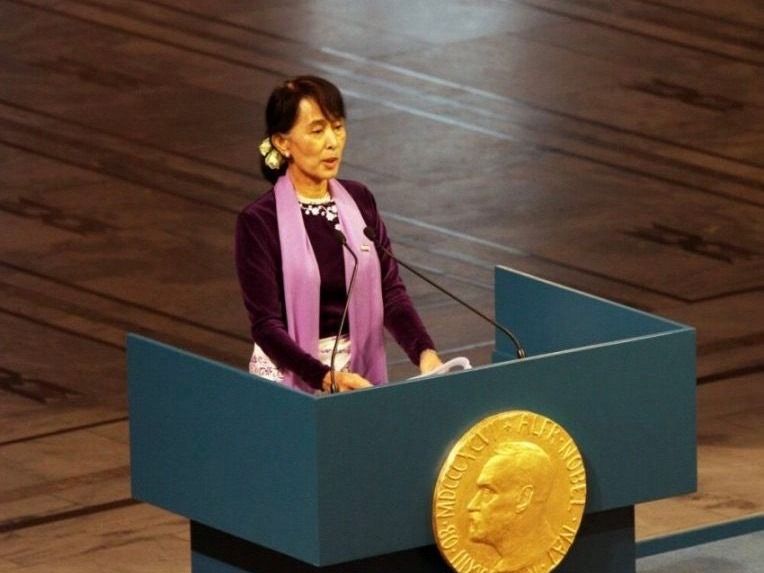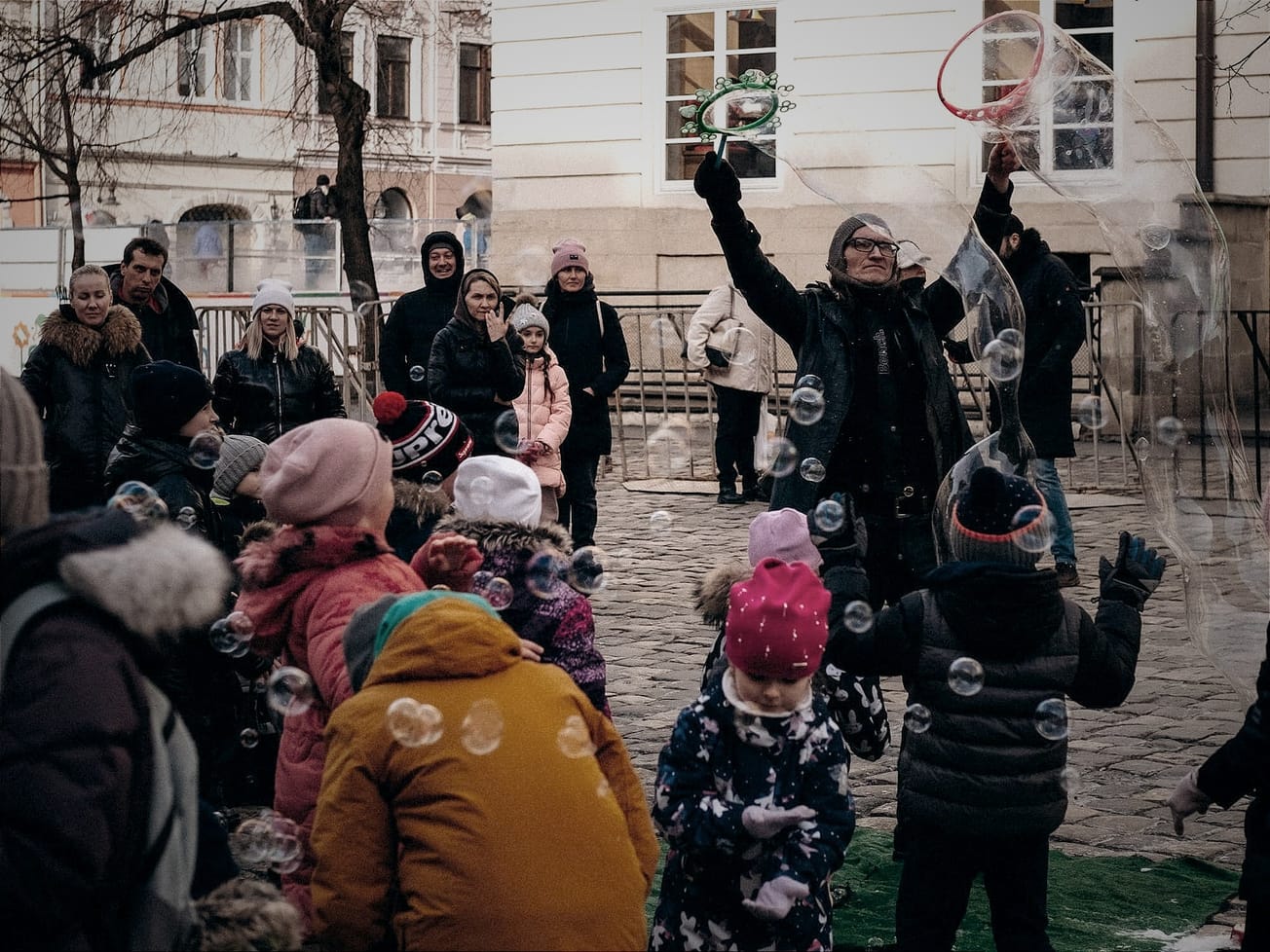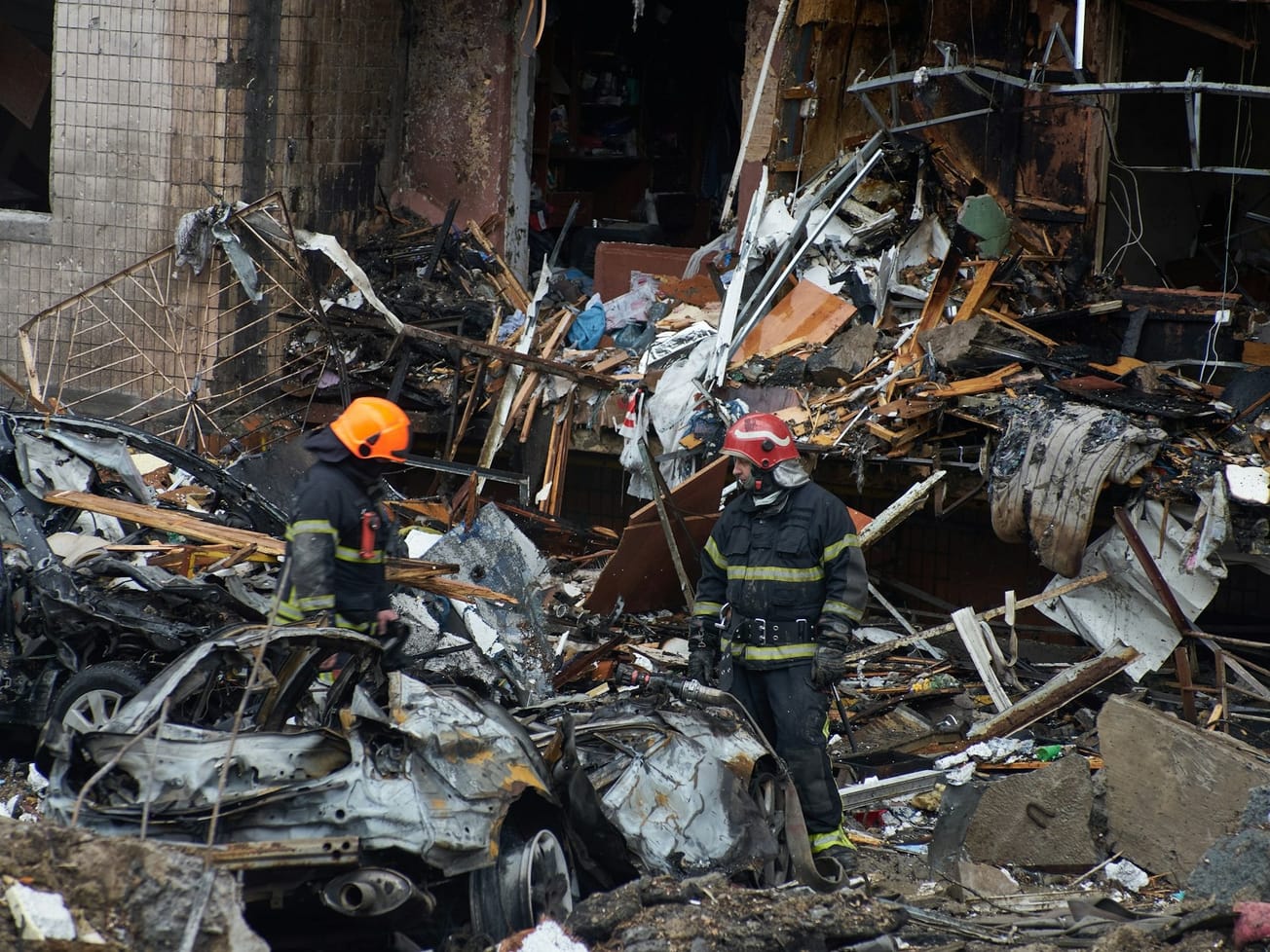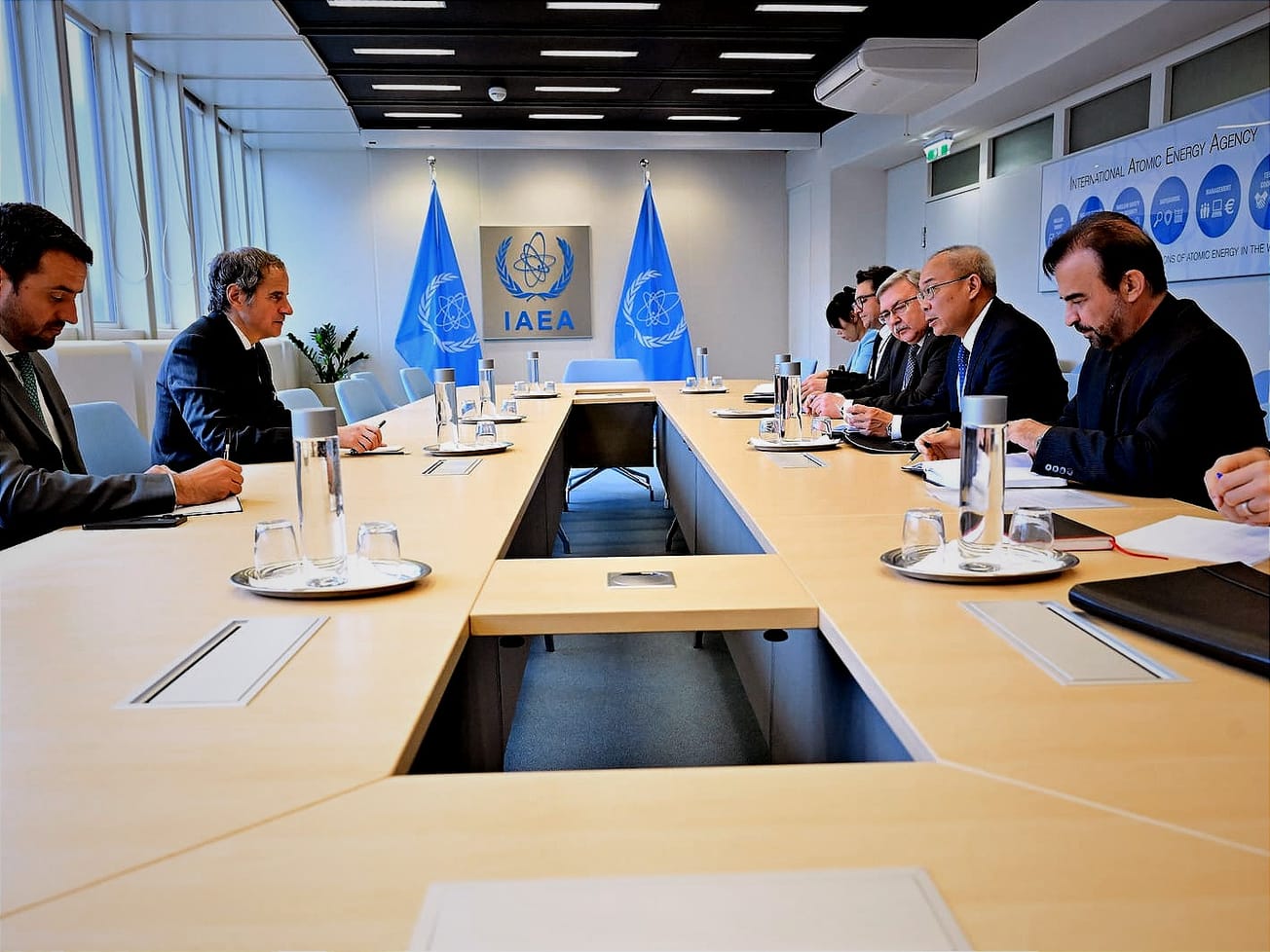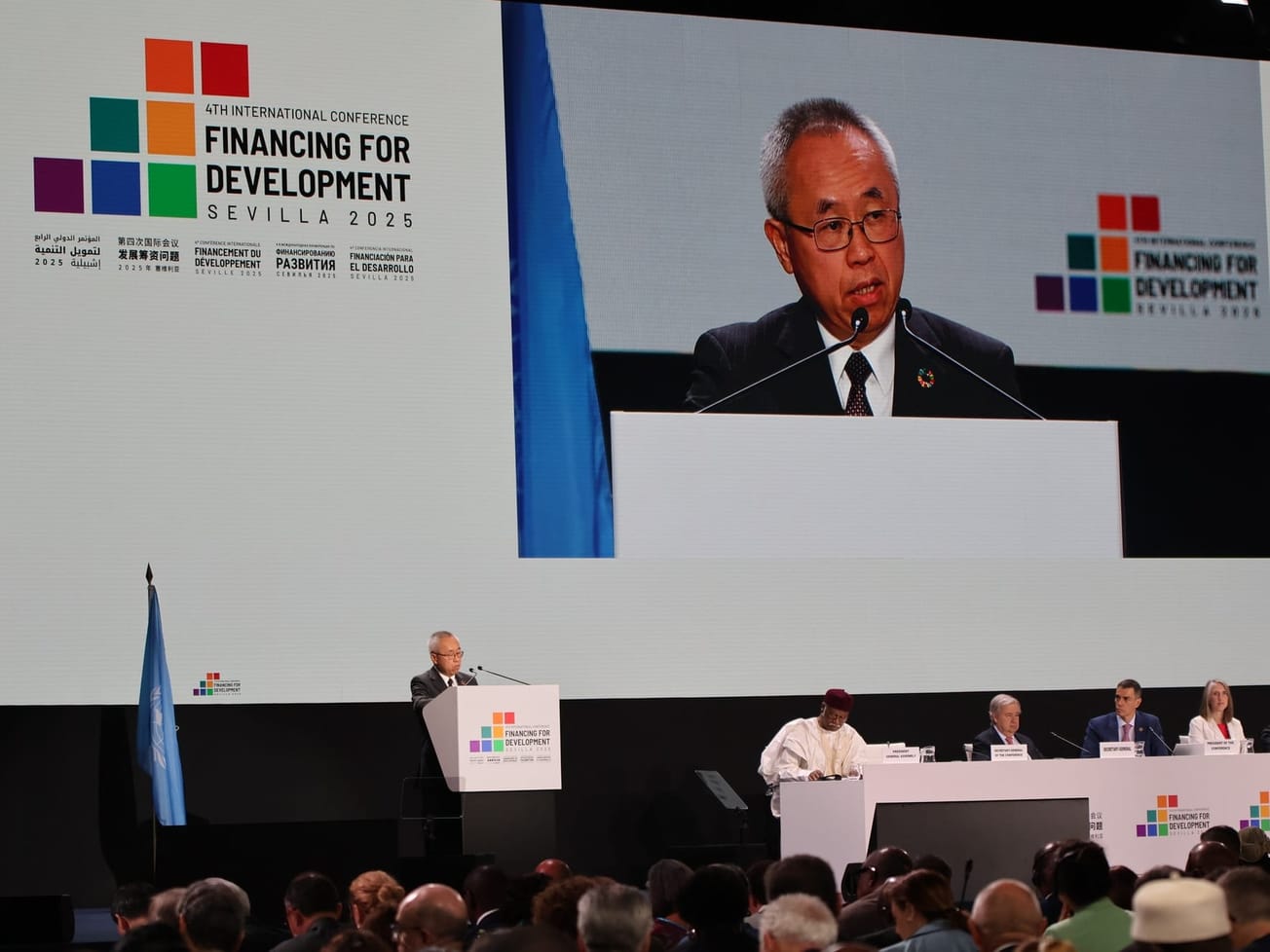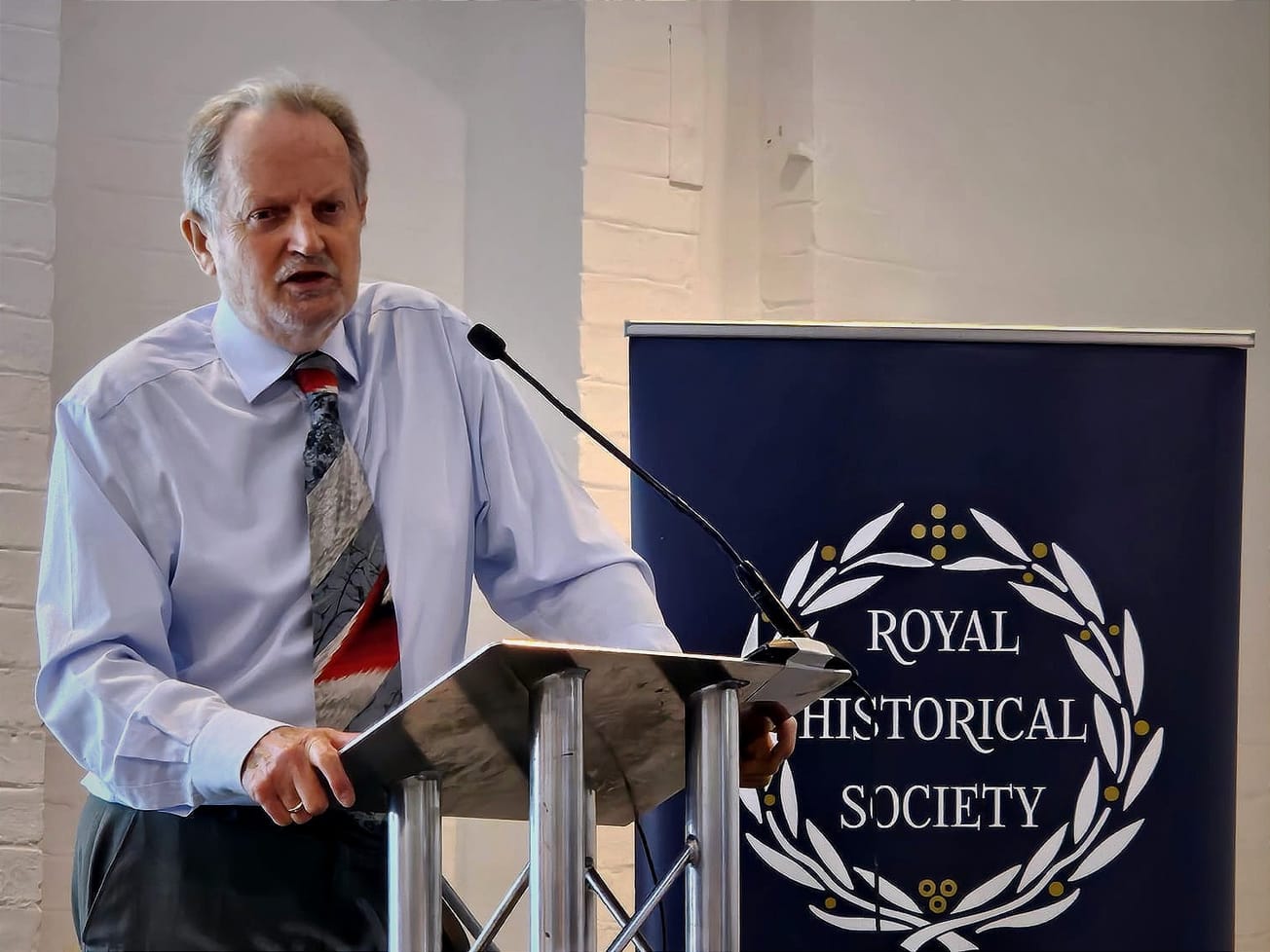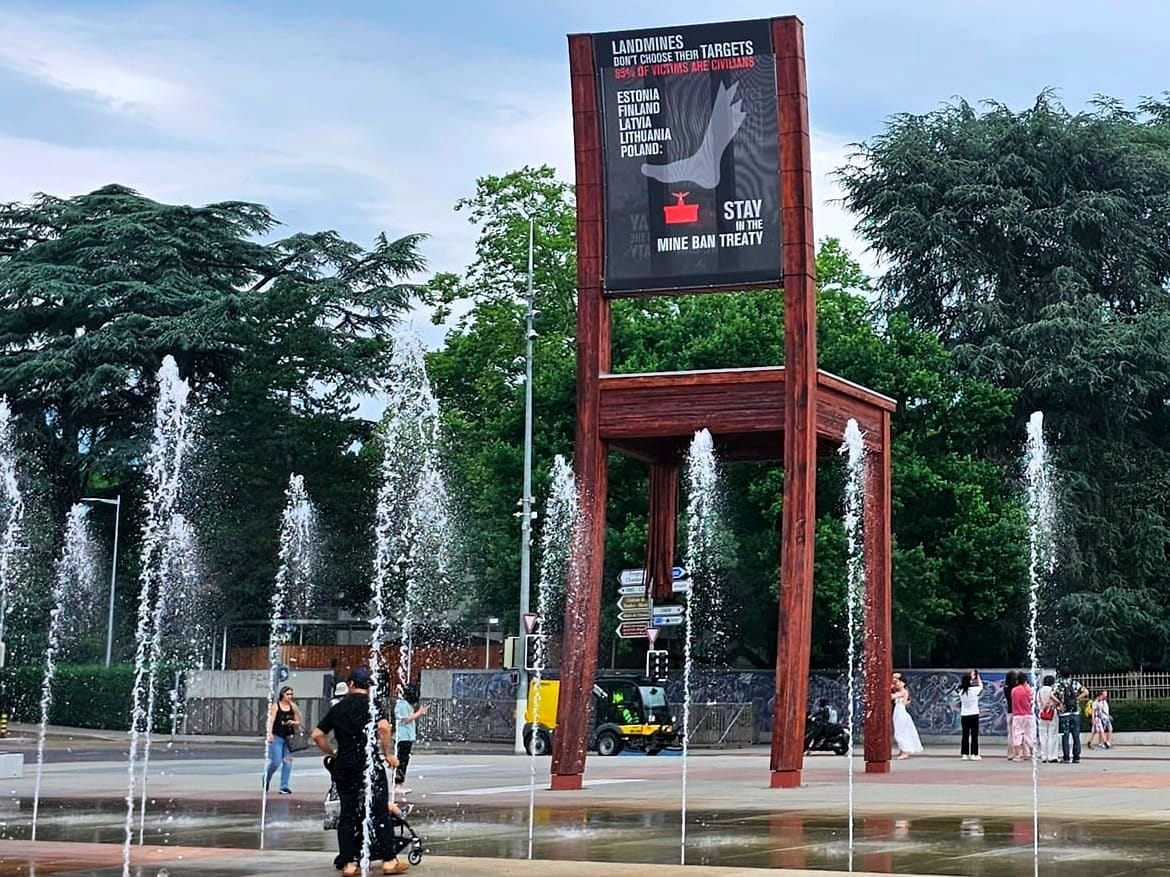Once an icon of democracy and human rights, Myanmar's leader Aung San Suu Kyi stood before the International Court of Justice on Wednesday to deny her nation's military committed genocide against the Rohingya ethnic minority.
Suu Kyi appeared at the ICJ, the United Nations' top court, in response to a lawsuit filed by Gambia on behalf of the 57-nation Organization of Islamic Cooperation, or OIC, on charges that Myanmar violated the 1951 U.N. Convention on the Prevention and Punishment of the Crime of Genocide.

